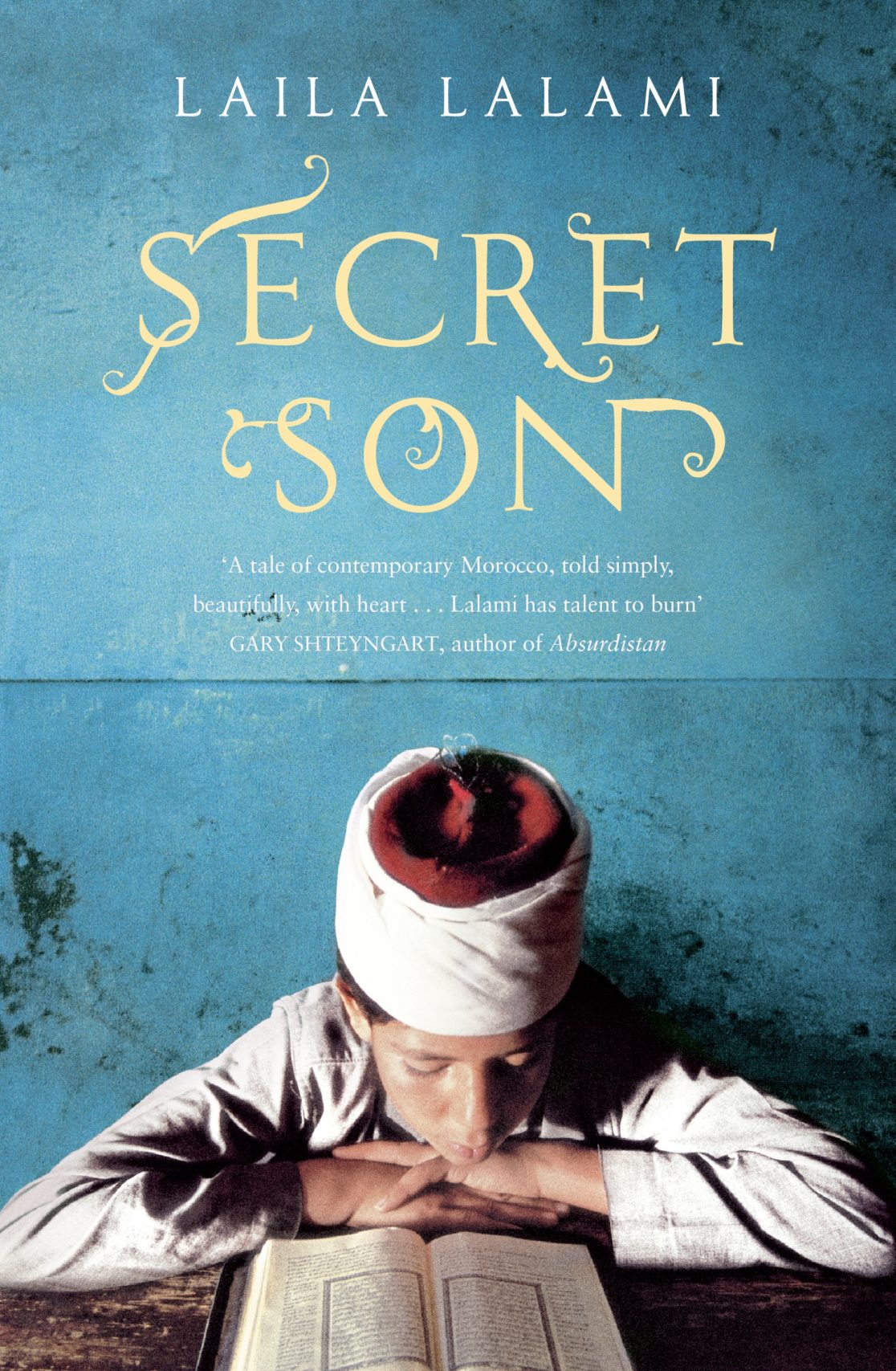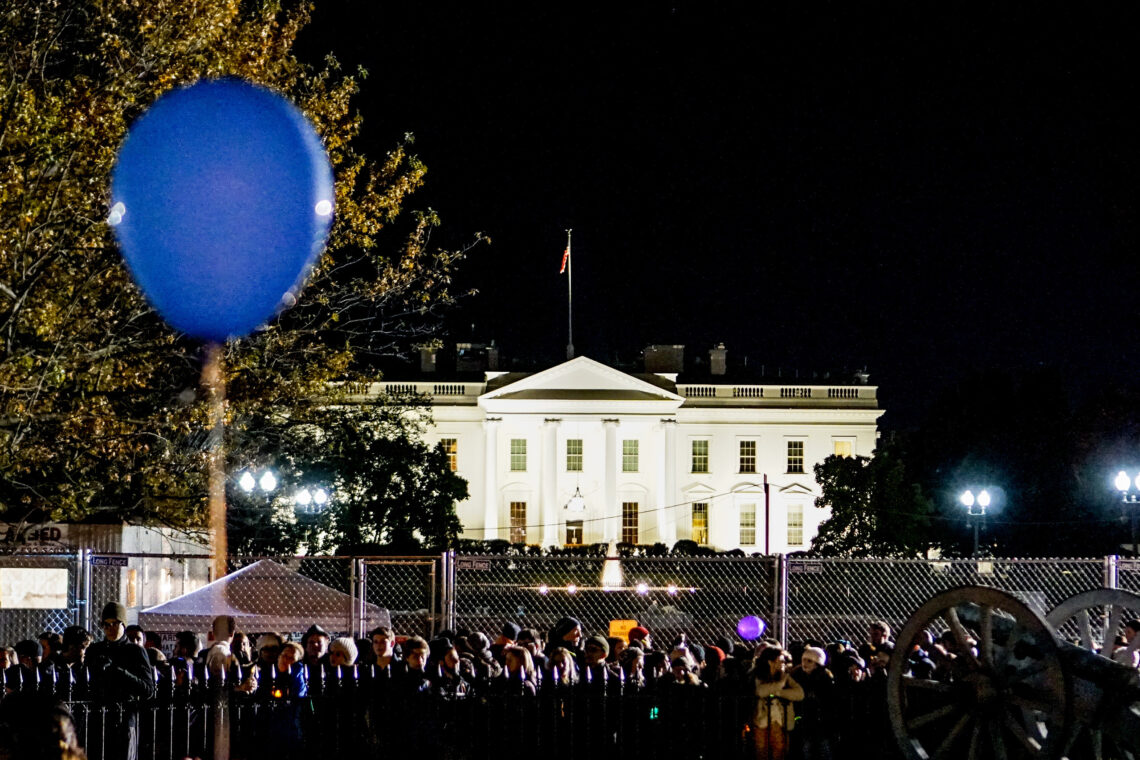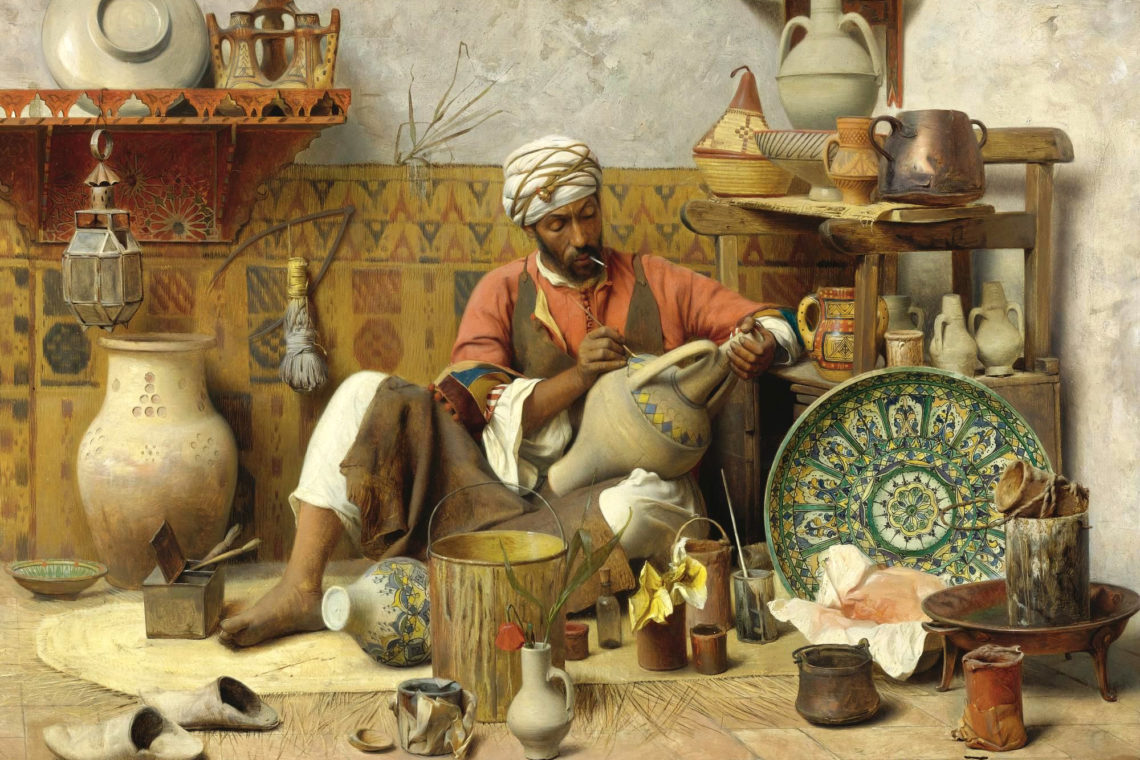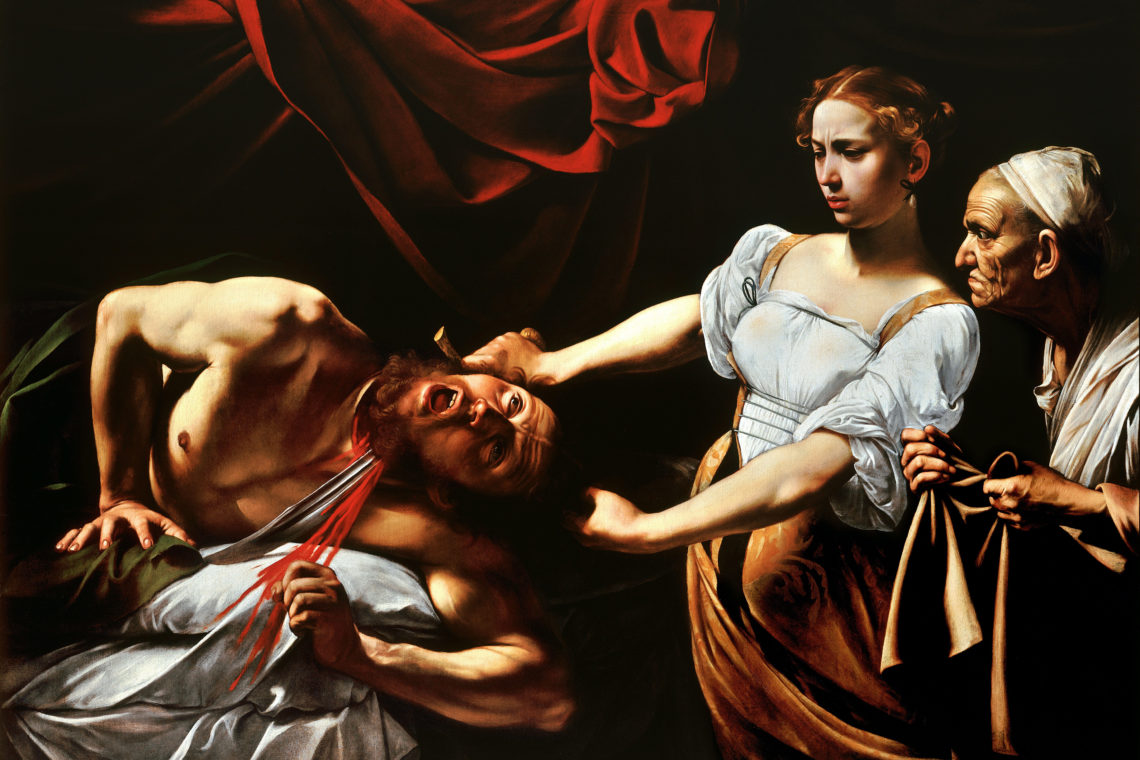In Laila Lalami’s second novel, Secret Son, there are two Casablancas: one where families like Youssef and Rachida El Makki live in rusty, tin-roofed shacks amidst the stench of garbage, car exhaust and sardines. Then there is the Casablanca of Nabil Amrani, whose residents have private pools, vacation in Europe and educate their children in the West.

Secret Son is reminiscent of Lalami’s first novel, Hope and Other Dangerous Pursuits. Both works expose many of Morocco’s contemporary social ills: rampant poverty and unemployment, ineffectual government, class stratification, illegal immigration and religious fundamentalism.
In her debut novel Hope and Other Dangerous Pursuits, Lalami’s characters take a risky, clandestine boat ride across the Strait of Gibraltar to Spain in order to find better opportunities for themselves and their families. In Secret Son, however, the immigrant’s story is slightly different, and takes place entirely in Morocco.
Protagonist Youssef El Mekki, a young college student who lives in the slums with his mother, is desperate to better his circumstances. After discovering that he is the illegitimate son of Nabil Amrani, a successful Casablancan businessman, Youssef tracks him down and confronts him. Amrani has a wife and daughter but longs for a son. When he meets Youssef, he provides his son with an opportunity to “immigrate,” by giving Youssef a job at the hotel he owns, as well as a key to his private penthouse—a new world, indeed, for El Mekki.
While Youssef is enjoying life in the more pleasant neighborhoods of Casablanca, his mother, Rachida, also known as “The Widow,” continues to eke out a humble existence in the slum of Hay An Najat. Rachida is used to hardship—in addition to being an outsider in the neighborhood due to her uncertain origin and suspiciously flawless French accent, she has a menial hospital job and struggles to pay the bills. Twenty years earlier, she had been a nursemaid in the Amrani household, caring for Amrani’s pregnant wife, Malika. After Rachida has an affair with Nabil and becomes pregnant with Youssef, she immediately loses her job and reputation, and moves to Hay An Najat to create a new identity for herself and her young son.
While Youssef and Rachida are carrying on with their lives, a new resident moves into the neighborhood with big plans. Hatim Lahlou, chairman of the al Hizb (“the Party”), first arrives in the neighborhood to distribute supplies after a flood. He tells his neighbors that the natural disaster was a test of their faith, and implores them to get back to their religious roots in order to “purify” their society. Soon afterward, a formerly unoccupied cinema is converted into al Hizb headquarters, complete with an infirmary, bustling cafe and meeting room. Under ordinary circumstances, this urban renewal project would seem a worthy cause, but Lahlou, not surprisingly, has ulterior motives, which become apparent later in the book.
The Amrani family, in contrast to the El Mekki’s, are spared from the flood. They live in the posh suburbs of Casablanca, where it is not uncommon to take yearly vacations to Europe and educate their children in the West. Nabil and Malika’s daughter, Amal, is a student at UCLA, far away from the watchful eyes of her parents. Amal’s life in Los Angeles is quite different from the one she leads in Morocco, as she lives with her Latino boyfriend, Fernando, in a modest apartment. For her parents, this is taboo for three reasons: not only is she she is living beneath her means, but she is living beneath her means with a man who is not her husband and whose skin tone is darker than hers.
The themes of loyalty and the struggle for identity within one’s family, neighborhood and country are at the heart of Secret Son, and all of the main characters are forced to make difficult decisions at one time or another in their lives. Rachida’s decision was to keep and raise Youssef as a single mother, Malika’s was to stay with her philandering husband. As the novel unfolds, Nabil will need to choose between Youssef and wife and daughter, Amal between her family and Fernando, and Youssef between his “mother’s side” or his “father’s side,” as posed by Hatim.
Lalami has a gift for creating diverse yet sympathetic characters, which show the complexity of life in contemporary Morocco. Her portrayals of Rachida, Malika and Amal, the novel’s female characters, are refreshing and belies the sterotype of Muslim women as veiled, oppressed and timid: Rachida has developed nerves of steel after being abandoned by her father as a young girl, then rejected by her employer and married lover. She is wary of most people, yet determined to make an honest living to provide for herself and Youssef. Malika lives in luxury and puts up with her husband’s debauchery, but is in no way powerless, as she gives her husband an ultimatum to choose between Youssef or his wife and daughter. Amal, Youssef’s privileged half-sister, represents the Western-educated Moroccan woman who bristles against her father’s wishes and traditional culture.
By contrast, Nabil Amrani and Hatim Lahlou are the villains of the story. Although at first glance they may seem to be polar opposites, as Amrani represents the secular elite and Lahlou the pious underdog, in actuality they are similar in their pompousness and greediness. Amrani takes Youssef under his wing, mentors him, then later rejects him. Hatim encourages Youssef to fight against injustices in their community and persecution of Muslims around the world, but is too cowardly to make the sacrifice that he asks of Youssef. Youssef is merely a pawn for their own agendas and in the end is betrayed by both men.
El Mekki’s metamorphosis from an ordinary young man to a terrorist is a rapid one. Though it is difficult to imagine what goes on inside the mind of a would-be terrorist, one would think this decision requires much introspection and turmoil. Secret Son moves too quickly for Youssef to fully develop these traits. Had Lalami devoted a chapter or at least several pages to this endeavor, Youssef’s struggle would have been more believable. The book’s conclusion may be rushed, but is not entirely predictable, as Lalami weaves in several surprising twists.
Ultimately, Secret Son is about the “have’s” and “have not’s.” Youssef’s character is representative of many young people in the developing world, who are educated and willing to work hard to get ahead, but lack the social status and connections needed to get there. The “have’s” can either use their connections to secure a good life in their country, or legally immigrate to the West. Unfortunately, the “have not’s” can sometimes be led astray by false promises, drugs, or in Youssef El Mekki’s case, religious fundamentalism. Too often, these choices lead to disastrous consequences for not just the young people involved, but their families and society at large.




Comments are moderated by the editor and may not appear on this discussion until they have been reviewed and deemed appropriate for posting. All information collected is handled in a manner consistent with our privacy policy.